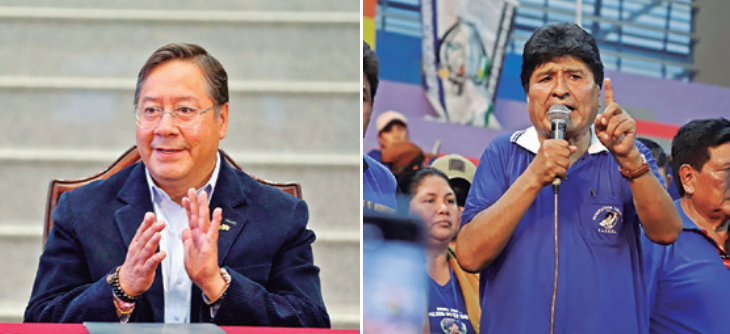Javier Milei has generated controversy by rejecting by decree a petition seeking to stop the candidacy of Judge Ariel Lijo to the Supreme Court of Justice. This decision, published in the Official Gazette, has been described as “inadmissible” by the government, which has provoked a series of reactions in the judicial and political spheres of the country.
The candidacy of Judge Ariel Lijo to the Supreme Court, by Javier Mileihas been a topic of debate since his candidacy was submitted to the Senate in May. Various civil organizations and figures in the judicial field presented a joint petition to stop this candidacy, alleging irregularities and questioning Judge Lijo’s suitability to occupy a position in the country’s highest court.
The organizations that promoted the petition include the Bar Association of the City of Buenos Aires, It Will Be Justice, Joint Republican Action (ACR), the Civil Association Usina de Justicia, Entre Ríos Without Corruption and Republican Professors.
Furthermore, the request was supported by renowned lawyers and academics such as Alejandro E. Fargosi, Daniel Sabsay, Pablo A. Pirovano, Gerardo Enrique Vega, Alberto Fidel Cohan, Ezequiel Nino, Alejandro Drucaroff, Marcelo De Jesús and Marcelo A. Camerini.

Decree 785/24, signed by President Milei and the Minister of Justice, Mariano Cúneo Libarona, establishes that the petition is inadmissible because it does not meet the formal requirements necessary to be considered. According to the government, there are no grounds that would allow a review of Lijo’s application, which leads to its formal inadmissibility.
The decree argues that “the act in question does not exhibit contradictions in its operative part; nor has any decisive document not previously presented been discovered due to its existence being unknown, for reasons of force majeure or due to the act of a third party; nor has there been a declaration of falsity of any document that served as a basis for the decision; and finally there is no jurisdictional pronouncement from which the existence of the illegal acts contemplated by the norm arises.”

Folder
The government also maintains that “the submission of the document to the Senate of the Nation does not constitute an act of designation and, therefore, does not produce in itself definitive legal effects for any interested party.” Consequently, it is concluded that “it does not follow that any of the signatories prove that the sending of the questioned document affects them in the sphere of their subjective rights or legitimate interests.”
The decision of Javier Milei The move has sparked a series of reactions in the political and judicial spheres. Opponents of the government have criticized the measure, arguing that it is an attempt to consolidate the executive’s control over the judiciary. On the other hand, supporters of Lijo’s candidacy maintain that the judge has an impeccable track record and that his appointment will strengthen the independence of the judiciary.


















